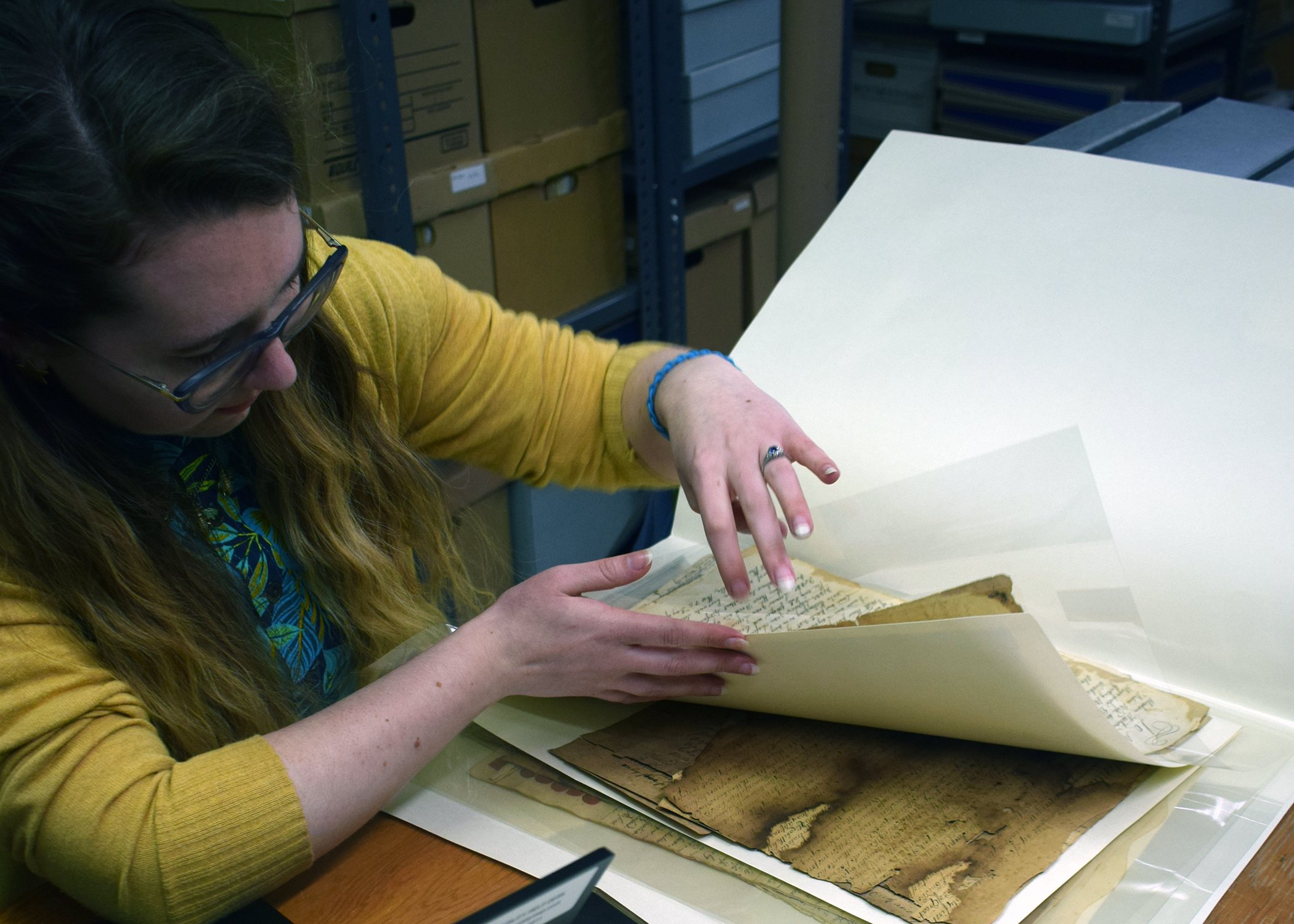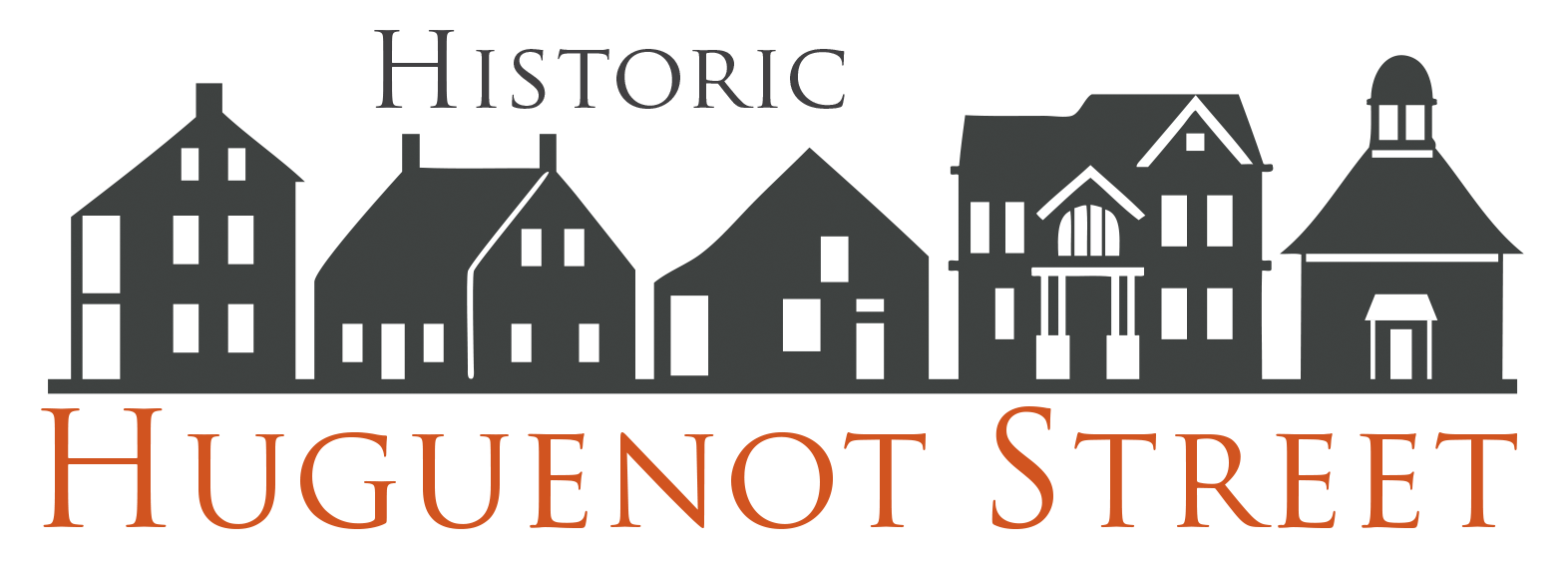New Paltz Historic Documents Project
“HHS’s New Paltz project illustrates the fascinating ways in which a small, astonishingly complex Hudson River town perhaps unexpectedly exemplified major features of America’s story, with distinctive and captivating local features,” namely “social life, economy, race, ethnic relations, and religion.”
- Jon Butler, Yale Professor Emeritus and author of Becoming America: The Revolution Before 1776

Historic Huguenot Street has been awarded a major grant from the National Endowment for the Humanities’ Humanities Collections and References Resources program to conserve and digitize significant historical documents from its own archival collections, as well as portions from the Town of New Paltz, the Reformed Church of New Paltz, and the Haviland-Heidgerd Historical Collection at Elting Memorial Library. These early American documents, ranging from the mid-1600s to 1830, will be conserved (as needed) and professionally digitized by the Conservation Center for Art and Historic Artifacts in Philadelphia.
Over 24,000 pages of documents will be made available online by mid-2024. To view the documents uploaded so far, visit: https://nyheritage.org/collections/new-paltz-historic-documents
For highlighted features about some of these documents, follow us on Facebook and Instagram.
Please visit our virtual programming page for links to register for and view two virtual talks pertaining to the New Paltz Historic Documents:
"The Native Community of Packanasinck," a virtual presentation with J Michael Smith
"Digging into Documents," a virtual presentation with Dr. Jaap Jacobs & Julie van den Hout
The preservation and digitization of these documents has been made possible in part by a major grant from the National Endowment for the Humanities: Democracy demands wisdom. Any views, findings, conclusions, or recommendations expressed in this project do not necessarily represent those of the National Endowment for the Humanities.The preservation and digitization of these documents has been made possible in part by a major grant from the National Endowment for the Humanities: Democracy demands wisdom. Any views, findings, conclusions, or recommendations expressed in this project do not necessarily represent those of the National Endowment for the Humanities.
The translation of Dutch language documents is supported as part of the Dutch Culture USA program by the Consulate General of the Netherlands in New York.


